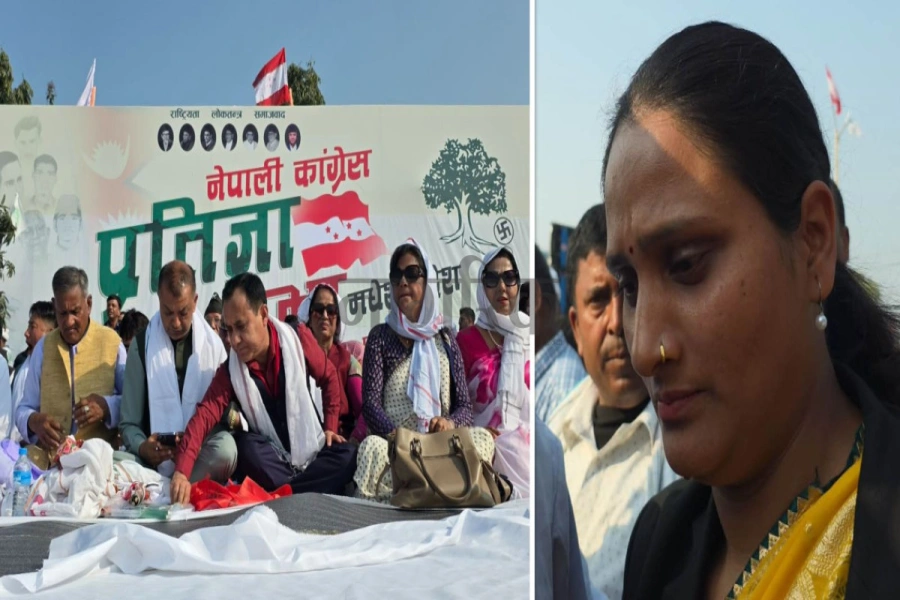Despite a mid-term review of its revenue collection goal, the government fell short, collecting less than half its yearly target. This year’s tax revenue in the first seven months reached only Rs 642.85 billion, significantly below the revised target of Rs 1.286 trillion. The government’s target, initially set at Rs 1.419 trillion, was scaled down due to insufficient collection trends. The sluggish economy is partly to blame for the slow collections. Insufficient incomes among taxpayers and lack of business expansion lead to reduced consumer spending. This obviously caused lower tax revenue from products and services. The sharp drop in imports of iron, petroleum products such as diesel and petrol, fruits, and automobiles led to a significant loss of customs revenue. The government suffered a revenue loss exceeding Rs 120 billion due to customs issues. Likewise, the Inland Revenue Department (IRD), the agency that collects taxes within the nation, collected only Rs 71 billion, against a target of Rs 106 billion. This shows that individual and corporate spending and investment are below targets.
Customs tax collection, which was formerly a significant source of revenues, has dropped due to the drop in imports. Meanwhile, revenue was significantly reduced as a result of subsidies on a few commodities. People benefited from government tax cuts, but there was no other source of financial recompense. Poor management was another problem that led to the downfall in revenue generation. Some blame previous Finance Minister Janardan Sharma’s inexperienced staff for not stopping revenue leakage. A lack of sufficient surveillance caused cross-border smuggling to increase. Because illicit goods evade taxes, the government loses a lot of revenue through illegal trade and smuggling. It is said that the authorities earlier had set an unrealistic objective of revenue collection. An excessively ambitious goal was put in place despite severe import restrictions throughout the budgeting process. The trends in government spending are only making matters worse. Despite spending 38% of its monthly budget on wages, salaries, pensions, and social security allowances, it only used 19% of the allocated funds for development projects such as roads, hospitals, and schools. Similarly, construction delays resulted from non-payment to contractors, leading to a decrease in government revenue, such as VAT from construction supplies and taxes from construction-related services. The stalled projects continue to negatively impact our revenue collection.
Electricity leakage has come down to 7.49 percent

Even if the economy is slow, things might improve, though. Government assistance is necessary to support small businesses, create jobs, and boost consumer spending, which can boost sales and income taxes. Second, we must put an end to illicit commerce and smuggling. Improved border checks and stronger penalties are required to guarantee that all goods are taxed. Likewise, we need to look into tax subsidies. While assisting people is crucial, the government needs to make sure that those who can afford to contribute financially should be taxed. The government needs to reduce its unnecessary spending, as overspending on administrative expenses depletes revenue set for development projects. Strict rules can guarantee that priorities are set while preventing wasteful spending. After seven months, there is still a difficult revenue gap, but with improved planning, more stringent laws, and improved control, the government can still meet its revenue collection targets. Our authorities can turn things around by concentrating on steps to stimulate the economy, halting leaks, and spending prudently.






































